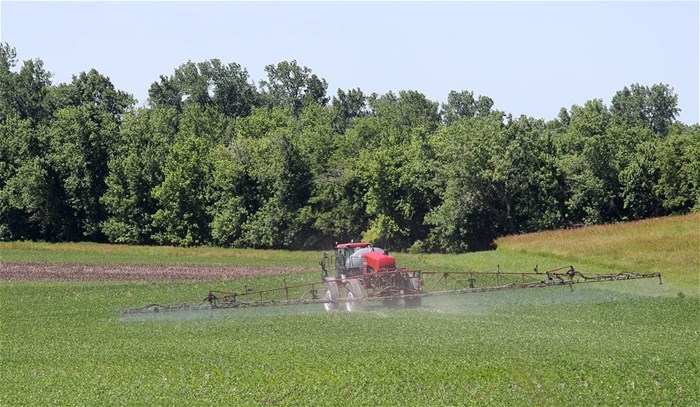
Related
Top stories





Marketing & MediaWarner Bros. was “nice to have” but not at any price, says Netflix
Karabo Ledwaba 2 days

More news

Logistics & Transport
Maersk reroutes sailings around Africa amid Red Sea constraints

















Minister Didiza said that the resilience shown by KwaZulu-Natal, Gauteng and Western Cape in this annual job improvement is encouraging and speaks to efforts these regions and stakeholders have made to support the agricultural sector. "The strong production conditions of various field crops, fruits, forestry and aquaculture were behind the improvement in agricultural jobs in the first quarter, and mainly in these provinces."
Other provinces of the country experienced production challenges that weighed on employment at the start of the year.
While crop planting in different areas of the country were delayed due to excessive rains, and farmers also have to face high input costs, and persistent load-shedding, the outlook for the sector still looks positive. "Various government interventions to ease the load-shedding burden on farmers, such as the launch of the Agro-Energy Fund with Land Bank, load curtailment by Eskom expansion of the diesel rebate to the food value chain will have a positive impact," said Minister Didiza
"Through the government’s Crop Estimate Committee, we estimate that 2022/23 commercial maize harvest will be at about 15,9 million, 3% higher than the 2021/22 season's harvest and the third-largest harvest on record. In addition, Soybeans harvest is estimated at a record 2,8 million tonnes and the sugar cane crop will likely increase by 3% to 18,5 million tonnes in 2023/24
"We are also positive about the harvest in various field crops and fruits, which supports better employment prospects over the medium term."
"In conversations with farmers and agribusinesses, we have noticed the rising concerns that the geopolitical tensions across the world, and its impact on trade are key issues that keep stakeholders up at night. As a department, we will continue to work to ensure that we retain the existing export markets for the country, and expand market access to growing markets.
"We also note the challenges presented by deteriorating infrastructure and will work with relevant departments and stakeholders to address these challenges and support continuous growth and job creation in the sector."